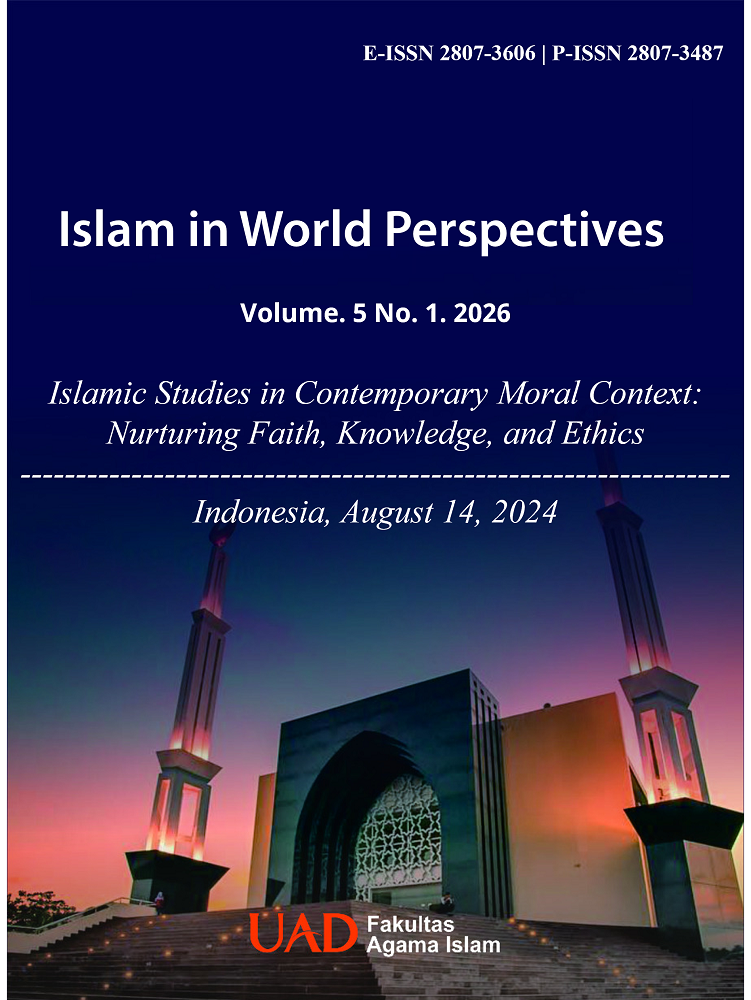Negative impact of gadgets on students development at SMP Muhammadiyah 2 Yogyakarta
Abstract
Children who use gadgets to look up educational materials, have an open mind, and view the world through a single screen benefit much from them. Apart from that benefit, there are just too many drawbacks to gadgets for kids. The researcher's objectives are to gain a deeper understanding of the detrimental effects of gadget use in class 7 at SMP Muhammadiyah 2 in Yogyakarta. Descriptive approaches are being used by the researcher in this study. utilizing the questionnaire, the client interview, and the documentation. Additionally, we employ data reduction, providing triangulation and data. According to analyst data, one of the bad effects of using a device is losing weight. This is because playing video games for extended periods of time can divert our attention from other tasks, and people who play these kinds of games often lie to one other, avoid completing their assignments, harass others, and treat each other rudely. The researchers expect that their study will be able to significantly improve student productivity at SMP Muhammadiyah 2 Yogyakarta compared to utilizing a device all day to play games, watch YouTube, browse social media, and other activities. Tesearchet hopes that the SMP Muhammadiyah 2 Yogyakarta teachers would work diligently to instruct and clarify to the children the negative impact of negativity and to modify their misbehavior.
Downloads
Published
Issue
Section
License
Copyright (c) 2024 Achmad Fadel Fadel, Wantini Wantini

This work is licensed under a Creative Commons Attribution-ShareAlike 4.0 International License.
Authors who publish with Islam in world perspectives agree to the following terms:
- Authors retain copyright and grant the journal right of first publication with the work simultaneously licensed under a Creative Commons Attribution License (CC BY-SA 4.0) that allows others to share the work with an acknowledgment of the work's authorship and initial publication in this journal.
- Authors are able to enter into separate, additional contractual arrangements for the non-exclusive distribution of the journal's published version of the work (e.g., post it to an institutional repository or publish it in a book), with an acknowledgment of its initial publication in this journal.
- Authors are permitted and encouraged to post their work online (e.g., in institutional repositories or on their website) prior to and during the submission process, as it can lead to productive exchanges, as well as earlier and greater citation of published work.

This work is licensed under a Creative Commons Attribution-ShareAlike 4.0 International License.



